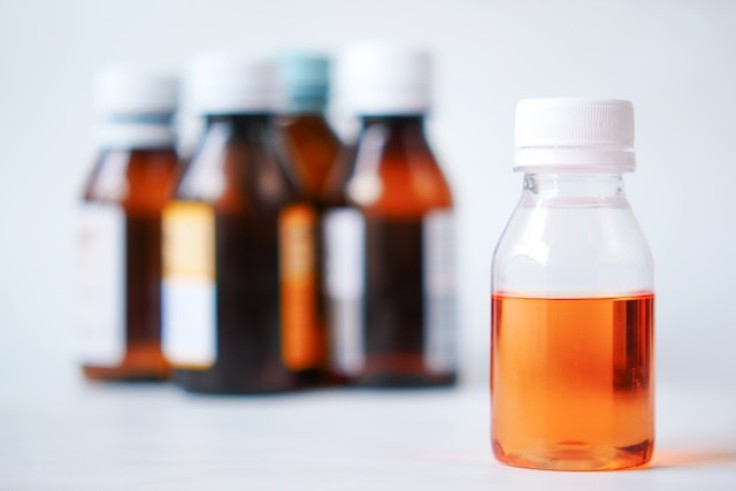
The Gambia experienced a tragic turn of events last year when dozens of young children under the age of five passed away from acute kidney injuries, a tragedy linked to cough syrups made by the Indian company Maiden Pharmaceuticals. The incident has ignited a debate on pharmaceutical standards and strained diplomatic relations between the two nations.
Ebrima Sajnia, a taxi driver residing in the capital city of Banjul, lost his three-year-old son Lamin after administering the prescribed cough syrup. Lamin was one of approximately 70 children who suffered fatal kidney issues between July and October last year after consuming the syrup.
Maiden Pharmaceuticals and Indian Government Deny Allegations
In October, the World Health Organisation (WHO) linked the deaths to "unacceptable" levels of toxins found in the medicines. A Gambian parliamentary panel also supported the claim, stating that the syrups contained dangerous amounts of ethylene glycol and diethylene glycol, both toxic to humans.
Maiden Pharmaceuticals and the Indian government have contested these allegations. The Indian government declared that the syrups met domestic quality standards when tested. However, Amadou Camara, chairperson of the Gambian investigative panel, retorted, "We have evidence. We tested these drugs."
The Gambia faces a predicament as it primarily imports its medicines from India. Public trust in Indian-made drugs has dramatically declined. "When I read that a medicine is from India, I barely touch it," said Lamin Danso, who also lost his nine-month-old son.
Despite the public's scepticism, journalist Mustapha Darboe notes that economic reality will likely maintain the importation of cheaper Indian drugs. India is a leading exporter of generic drugs, satisfying a significant portion of the medical needs in developing countries. However, incidents like the one in The Gambia have raised questions about the industry's manufacturing practises and quality control.
Udaya Bhaskar, director general of the Pharmaceutical Export Promotion Council of India, acknowledged that such tragedies are costly aberrations but have not notably impacted exports. India has, however, taken steps to impose stricter regulations for pharmaceutical companies, including obligatory testing of cough syrup samples at government-approved laboratories.
Dinesh Thakur, a public health activist in India, argues that India maintains a "two-tier manufacturing system," applying stricter standards for drugs bound for the United States and Europe compared to those exported to less regulated markets.
Gambian Government's Regulatory Steps
Meanwhile, the Gambian government has also been making strides towards improving its pharmaceutical regulations. A recent report recommended establishing a quality control laboratory, and two drug regulators have been dismissed.
While these steps indicate some movement towards reform, grieving parents remain sceptical that enough is being done. "The government's negligence made the children die," says Ebrima Sajnia, who is part of a group suing local health officials and Maiden Pharmaceuticals.
A year after the heartbreaking incidents, parents are still looking for justice and systemic changes to ensure that no family has to endure the kind of loss they have faced. The families of 19 children have filed a lawsuit against Maiden Pharmaceuticals and local health officials in the Gambian High Court, vowing to take the matter to Indian and international courts if necessary.
As the legal battles continue, the incident serves as a poignant reminder of the urgent need for better pharmaceutical regulation and oversight, both nationally and internationally.